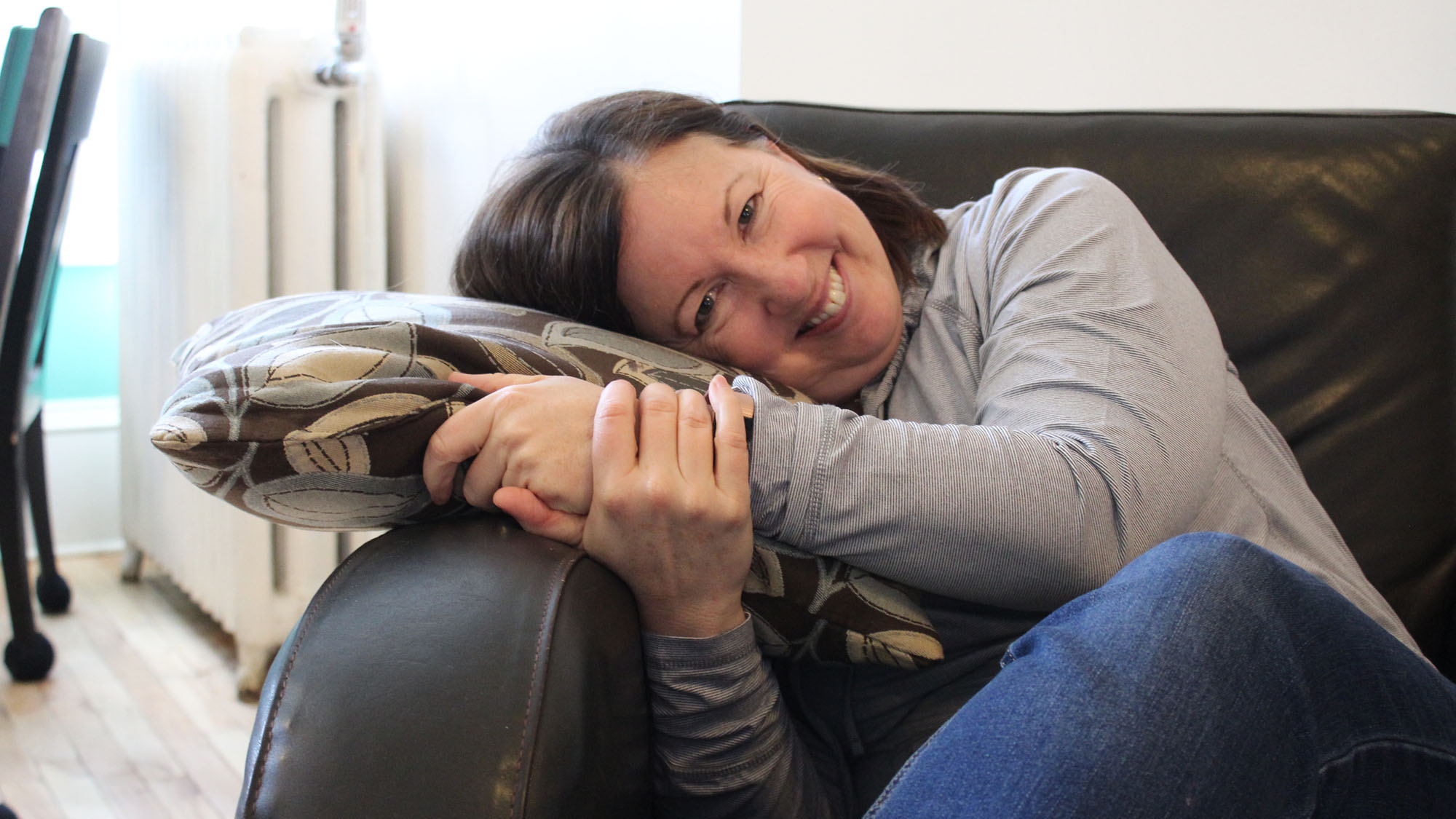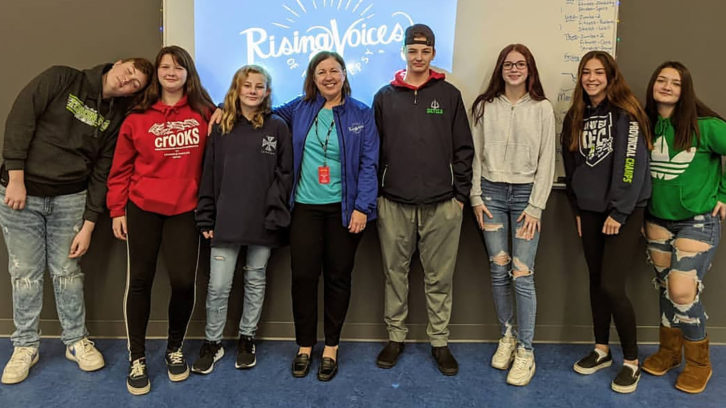Retired Dartmouth nurse teaches importance of getting a good night’s sleep
Sheila Coutts visits schools in the HRM to discuss proper sleeping habits

caption
Sleep advocate Sheila Coutts.When Sheila Coutts does school presentations, she always jokes that if the students fall asleep, she won’t judge them.
This is because the retired pediatric nurse understands sleep and knows a fair number of students are not getting enough.
“It sounds so common sense, but it is also things we need to be told and we need to tell ourselves because it is so easy to get caught up in life and sleep goes really far down on the priority list,” said Coutts.
According to Debra Morrison, the clinical director of the sleep disorders clinic at the QEII Health Sciences Centre, the most common sleep problem affecting teens is sleep deprivation.
“It is typical for teens to have a delayed sleep phase,” said Morrison. “Their body’s clock kind of wants them to stay up later and their social schedule does not allow them to sleep in to get the total amount of hours of sleep needed.”
Morrison said some of the consequences of poor sleep for students include a short temper, an inability to focus, and impaired judgment and decision making. This can have a negative effect on both their academic and social endeavours.
Jillian Lukenda is a teacher at Island View High School in Eastern Passage and one of two teachers in the Halifax Regional Municipality who’ve had Coutts present to their class. After teaching for nearly 15 years, Lukenda has noticed a change in how rested her students are.
“There has always been kids who’ve had trouble sleeping, but I think there is definitely a rise of that becoming the norm,” said Lukenda. “They are up throughout the night on their phones, preoccupied with other things.”
Through word of mouth, Lukenda heard about Coutts and thought her presentation would benefit students. Coutts took advocacy training from Project Sleep, which is a non-profit organization that aims to provide sleep disorder help through awareness about sleep health and conditions.

caption
Sheila Coutts and students at Island View High School.When Coutts presents to junior high and high school students, she discusses what is described as sleep hygiene. These are steps people can take to help them to get to sleep, stay asleep, and wake up rested.
To get a better sleep, Coutts said people should keep their rooms cool, quiet and dark, and they should avoid working out roughly two hours before bed. They should also minimize screen time before they go to sleep and ensure their pets only sleep with them if they are not disruptive.
Another element of sleep hygiene always elicits laughs from the high school students, and Coutts adapts the message for younger audiences.
“Under sleep hygiene your bed is for sleep and for sex, that is it,” said Coutts.
This means people should avoid doing school work, watching TV and being on their phones in bed.
Lastly, people should be aware how sharing their beds affects their sleep, because similar to pets, partners can disrupt sleep as well by thrashing or snoring.
Another part of her presentation is how sleep affects her day to day life.
Coutts has narcolepsy, which is a chronic neurological disorder with symptoms that include excessive daytime sleepiness, fragmented nighttime sleep, cataplexy (sudden muscle weakness triggered by certain emotions), sleep paralysis and hallucinations.
“I was not diagnosed for 25 years, I was treated for epilepsy,” said Coutts. “But once I was diagnosed and I look back, there are so many things that make it really clear that my issues were actually sleep.”
She said by sharing her story and being vulnerable she becomes a safe person for the students to confide in.
“I’ve actually had three kids that have come to me after (my presentation) saying they were having hallucinations and did not tell anybody,” said Coutts.
On top of narcolepsy, hallucinations can occur from sleep deprivation and a stressed and or overactive mind.
Coutts’ next talk will be with seniors, so she will have to adapt her presentation and do some more research. Yet at the end of the day, her goal will be the same.
“It is not about me. It is about getting them interested in sleep.”
About the author
Olivia Malley
Hailing from Dartmouth Nova Scotia, Olivia is a journalist passionate about the HRM. Outside of reporting she enjoys singing in King's a capella...

S
Suzi Synishin